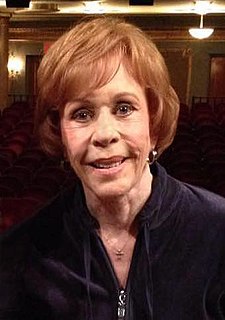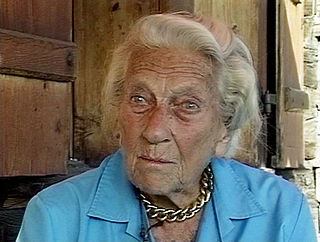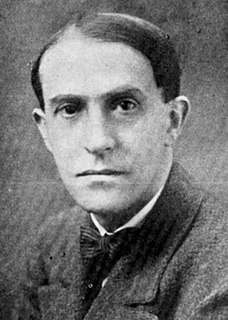A Quote by Patrick Rothfuss
If I could sum it up in 50 words, I wouldn't have needed to write a whole novel about it.
Related Quotes
I really liked the idea of creating a journal myself. It's like the way I clear my throat. I write a page every day, maybe 500 words. It could be about something I'm specifically worried about in the new novel; it could be a question I want answered; it could be something that's going on in my personal life. I just use it as an exercise.
When you get an idea, so many things come in that one moment. You could write the sound of that idea, or the sound of the room it's in. You could write the clothes the character is wearing, what they're saying, how they move, what they look like. Instead of making up, you're actually catching an idea, for a story, characters, place, and mood - all the stuff that comes. When you put a sound to something and it's wrong, it's so obvious. When it's right, the whole is greater than the sum of the parts. That's a magical thing that can happen in cinema.
I've published over 100 books - and that is divided about 50/50 adult and young adult. Lately, I have been writing more YA, which is such a great genre to write it. I don't have a favourite (I usually say it's the last book I've written), but certain books do stick in the mind. My very first YA novel, The Children of Lir, will always be special to me, and, of course The Alchemyst because it was a series I'd wanted to write for ages.
I don't feel I write fast. I write in longhand and do so much revision. On the page, it's so old-fashioned. I could write a whole novel on scrap paper, scribbles and things. I keep looking at it and something develops. For me, using a word processor would mean staring at a screen for too many hours.
The single most important technique for making progress is to write ten words. Doesn't matter if you're badly stuck, or your day is completely jam-packed, or you're away from your computer - carry a small paper notebook and write a sentence of description while you're waiting on line at a coffee shop. I think of this as baiting a hook. Even if you have a few days in a row where nothing comes except those ten words, I find that as long as you have to think about the novel enough to write ten words, the chances are that more will come.






































